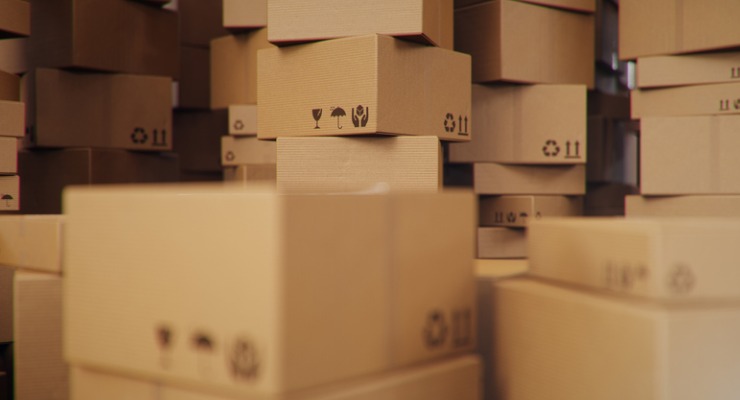
Most importers know that stolen intellectual property is one of the major risks of doing business in China. Business owners in western countries around the world have stories of their products being ripped off and manufactured by a Chinese factory. The US claims IP theft costs their nation between $225 - $600 billion a year. IP theft was one of the reasons for the US-China Trade War in 2018-19.
Some businesses will take the risk and manufacture in China because it’s too expensive or unavailable on home soil. But other owners, particularly those who have been burned, aren’t willing to take the risk and refuse to do business in China again.
So, how do so many businesses manufacture in China and avoid having their products copied? Read on to find out how!
How Can You Protect IP & Prevent Your Product From Being Copied?
No one can guarantee that your product won’t be copied in China. Some of the world’s biggest brands and their legal teams have struggled to stop it occurring. They’ve found counterfeit goods on the market within hours of the legitimate product’s launch.
But now more than ever, you can take steps to protect your intellectual property and goods from being copied in China and using a reputable sourcing agent is one of them!
#1 Be Selective About Who You Request a Quote From
The more factories you speak to and send a sample for quotes, the greater the chance your IP will fall into the hands of someone who will copy it. Use only reputable manufacturers to request a quote. It’s ideal to only deal with manufacturers who have a relationship with someone you know or an agent. The factory risks future business from companies an agent represents if they copy or steal from you.
Sourcing agents like Vara Allied have long-standing relationships with Factories in China, doing business for decades. These suppliers are less likely to risk future business dealings with agents by stealing a client's intellectual property.
What to Include in the Quote Request?
When you decide on manufacturers to send your Request for Quotation (RFQ), make sure you are thorough with the details. If you skimp on the detail, the factory may take the opportunity to use the cheapest materials possible and deliver a product that is defective. Provide details on all aspects including:
-
The product’s size
-
Materials
-
Use of product
-
Expected quantities now and in the future
-
Any manufacturing technology requirements
-
Packaging requirements, and
-
Detailed drawings, pictures or a sample
#2 Use Contracts for the Chinese Market
You might think a contract in China isn’t worth the paper it’s written on, but that’s not true. A contract can reduce the likelihood of IP theft.
However, the contract must be specifically for China, not an Australian contract you’ve adapted. The contract must provide for dispute resolution in a Chinese court or via arbitration, as China won’t enforce any foreign court judgements.
If your manufacturer knows you’ve gone to the effort of getting a Chinese contract drawn up, they may reconsider copying or stealing your IP. You can read more in the Guide to Using Contracts to Protect your Intellectual Property Rights in China.
#3 Register Your IP & Trade Mark in China
Protecting your intellectual property in China has been difficult, but has improved in the last few years. Under pressure from the US, President Xi Jinping promised to crack down on infringements of intellectual property rights.
An Australian trade mark, patent or design provides protection in Australia only, you’ll need to register them in China too. To ensure you’re protected, register your IP rights as early as possible. If your IP rights have been violated in China, you can expect local authorities to raid factories, take infringers to court and seize goods before they leave China.
If you need protection in Hong Kong and Macau as well as mainland China, you will need separation registrations for each territory. The Australian Government IP Australia has prepared a guide Protecting your IP in China for more information.
#4 Use Professionals to Help Protect Your IP Before Dealing with Chinese Manufacturers
If you believe your product is at risk of being copied for any reason, don’t go down the Chinese manufacturing path on your own. You should look at engaging experts, to ensure your Chinese contract is watertight and your patent, or trademark is correctly registered in China.
Doing a search online for a manufacturer and divulging all your IP is risky. If you don’t have a relationship with a Chinese manufacturer, find a well-connected agent to reduce the risks.
While there’s a lot of time and cost involved in putting in place the right protection, it can save you far more time and money, in the long run. Before and after your goods are manufactured, you should monitor the market to check if your product has been copied.
If you would like to know more about the manufacturing suppliers Vara Allied has established in China, call Vara Allied on (08) 6115 0118 or contact us online.